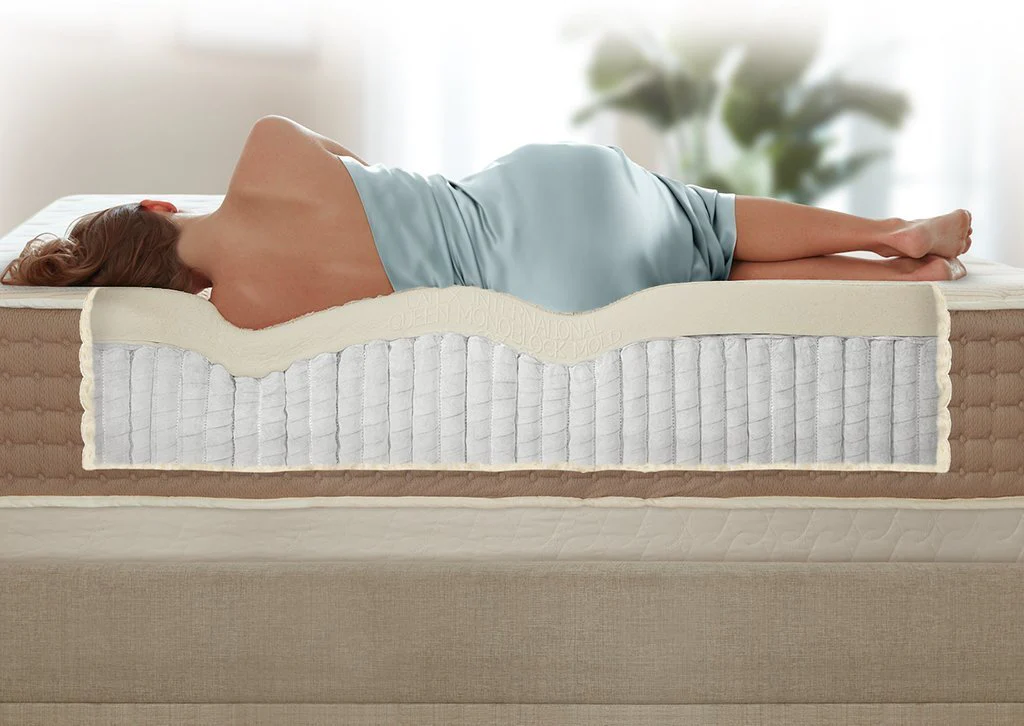
The coil count of a mattress, referring to the sheer volume of coils or springs comprising the innerspring unit at the core of the mattress, has been known to play a significant role in determining the overall quality and support offered by the mattress. The more coils, the denser and potentially more supportive the mattress might be. However, it’s crucial to understand that the coil count isn’t the be-all and end-all when it comes to determining the comfort and support of a mattress.
Other aspects, such as the quality of the coils, the materials utilized in constructing the mattress, and the firmness level, all have an impact on the final product and the comfort it provides. It’s therefore imperative to take a hands-on approach and try out the mattress to comprehend how it feels, instead of relying solely on the coil count as a standard of measurement.
It’s worth highlighting that a higher coil count is usually seen as a sign of a higher quality and more robust mattress, as more coils tend to evenly distribute weight, providing superior support. However, it’s crucial to keep in mind that the coil count alone is not a definitive indicator of mattress quality, and other factors like the gauge (thickness) of the coils and the type of coil system employed play a crucial role in determining the feel and performance of the mattress.
